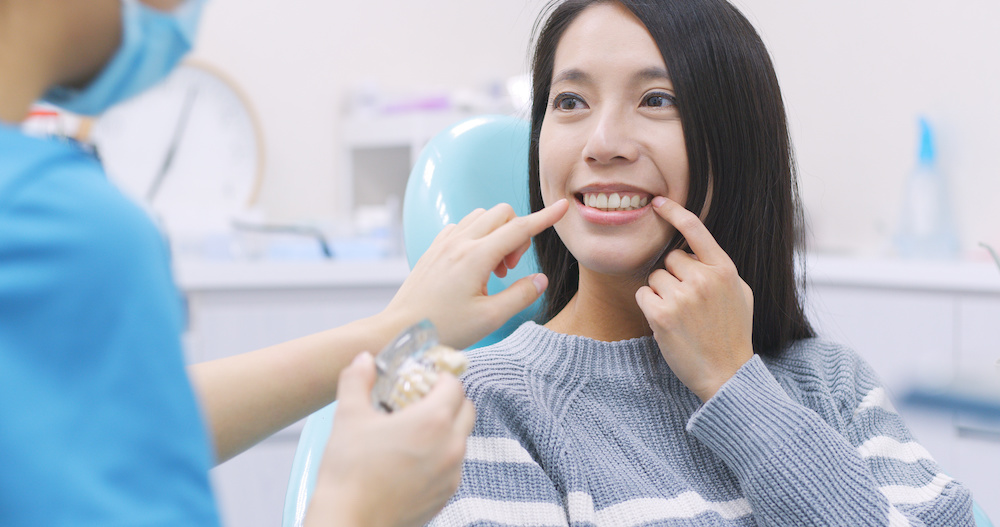Cavities is the disease of the teeth, it is directly related to the consumption of acids and sugars: sodas, fruit juices, sweets and caramels. It is not forbidden to have fun, with friends or family but not all day, and the minimum is to rinse your mouth with water quickly after drinking and eating.
Cavities
Contributing factors to tooth decay
Bad oral hygiene. It is essential to remove dental plaque as it is formed to keep teeth healthy. Excessive consumption of sugars: a continuous supply of nutrients allows the bacteria to be active continuously. Smoking: Tobacco reduces vascularity, which makes the local immune defenses less active, including in children exposed to passive smoking by parents. Local problem: hyposyalia (lack of saliva), which may follow local irradiation (following ENT radiotherapy); mouth breathing; poor mineralization of the teeth. General diseases: diabetes mellitus, hyperthyroidism, hyperparathyroidism, treatment with corticosteroids. Stress: Many studies have shown a direct link between stress and caries rate.

Treatments
The treatment aims to stop the evolution of caries and eliminate damaged tissue areas, promote healing of underlying healthy tissue, prevent recurrence, restore the anatomical and functional shape of the tooth. Thus, when the cavities are not too deep, we carry out conservative care. The practitioner evacuates the decayed tissue, often under local anesthesia, and then, depending on the depth of decay and the position of the tooth, sets up an amalgam or composite.
Preferred area
Decay begins most often in certain areas, less accessible to cleaning. The groove is the anfractuous zone, negative relief, in hollow, of any dental surface. Even with good brushing, this area is hardly accessible to the toothbrush. To prevent these caries, we can seal furrows: filling these cavities before caries formation. Point-of-contact. The contact area between two teeth can not be cleaned with the toothbrush. Collar. The soft toothbrush is necessary to be able to pass well at the neck, slightly recessed area.
Symptoms
The first signs may appear once the caries has reached dentin. But sometimes the pain occurs only very late. That is why it is strongly recommended not to wait to have trouble to consult a practitioner. Cold and sweet pains most often signify active decay or denudation of the dental collar, which is urgently needed for treatment. Painful warmth or pressure usually signify cavities under a filling that has evolved low noise and caused necrosis of the affected tooth. Visible damage: initially white spot (not always very visible). A brown spot (more or less dark) signs an old carious, remineralized, which is no longer active. When you notice a hole in the tooth, the decay is already advanced; the tooth may need to be devitalized.
Composites
This type of material allows esthetic fillings thanks to its capacity to take the color of the tooth which surrounds it. The variety of the color palette is such that the practitioner can get closer to the natural color of the tooth. There are conventional composites in a mixture of two components and photopolymerizable composites that harden very quickly in the presence of a powerful blue light ray. These materials are particularly aesthetic.

Obturation of a decay
Inlays Onlays
Inlays, onlays are prosthetic reconstructions by incrustation of material poured in the laboratory. When the decayed tooth has been particularly damaged, inlays, or encrustation, are considered.
It is a block, usually ceramic (of the color of the teeth) sealed with a cement in a cavity to the walls of which it adapts by reproducing the occlusal anatomy of the tooth and its relations with the neighboring teeth. This reconstitution helps treat the damage caused by decay and keep your tooth alive.
Devitalization
When the caries is advanced, the dentist must devitalize the tooth and seal the channels in which the pulp was located to prevent a bacterial infection. The dentist performs the root treatment or devitalization of a tooth when it can no longer be kept alive, either because it is already necrotic or because it may become so.

